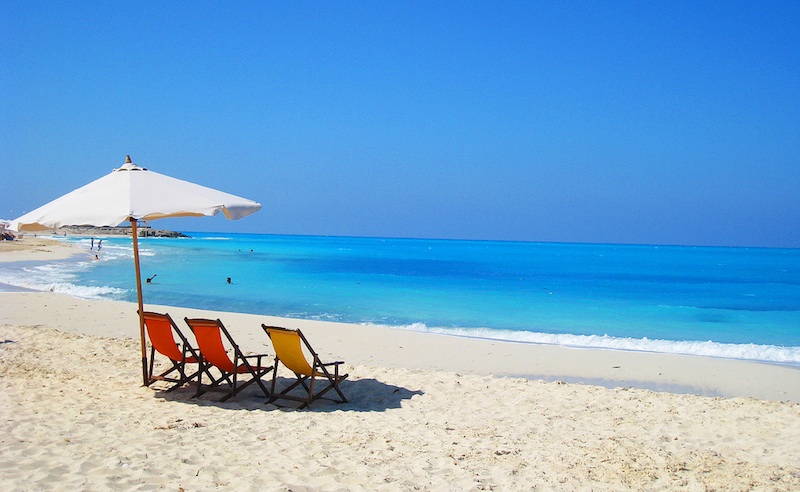Nuclear power: Now Egypt's going for it


--
The Middle East has all that sunshine, all that oil, all that natural gas - any of which could serve its future energy needs. Yet add this to the list of what's coming: All those nuclear reactors.
The latest example? Egypt.
Interim President Adly Mansour has reaffirmed the country's intention to fire up a nuclear power plant in El Dabaa on the Mediterranean, about 150 miles west of Alexandria, Ahram Online reported.
The 1-gigawatt site would be Egypt's first grid-connected nuclear reactor. It has been planned in some form since the early 1980s, but was long abandoned after the 1986 Chernobyl accident. Construction had finally begun but local opponents halted things in 2012 when they stormed the location claiming that the government had essentially stolen the land from them.
Last week the Egyptian military regained control.
According to the World Nuclear Association, Egypt could use the $4 billion plant both to generate electricity and desalinate water, in partnership with South Korean and possibly Russian entities. It has also talked with China in the past.
Egypt's nuclear power authority expects to operate four nuclear-powered desalination plants by 2025, WNA says.
Like solar power, nuclear is a low-carbon alternative to fossil fuel plants. Unlike solar, nuclear can furnish steady, round-the-clock electricity.
Other Middle East countries that are bringing in nuclear power include Saudi Arabia, the United Arab Emirates, Turkey, Iran and possibly Jordan.
They mark a perfect opportunity for the industry to develop alternative reactors that can improve the safety, operating efficiency, and costs of conventional reactors. These include fission technologies such as molten salt reactors, pebble bed reactors and fast reactors, all with varying strengths. Nuclear fusion could also be closer than some people think (see links below).
Photo is from Haddara via Wikimedia
More Middle East and emerging nuclear countries:
- Russia to emerging countries: We'll build, operate your nuclear reactors
- Realpolitik: Japan trades nuclear tech to Middle East in exchange for oil
- Newcomers like Bangladesh will drive 30 percent growth in nuclear
- Russia banks on Vietnamese nuclear
- Saudi Arabia taps China for nuclear
For all sorts of alternative nuclear stories including thorium, molten salt, pebble beds, fast reactors, modular reactors, fusion and more, click here.
This post was originally published on Smartplanet.com